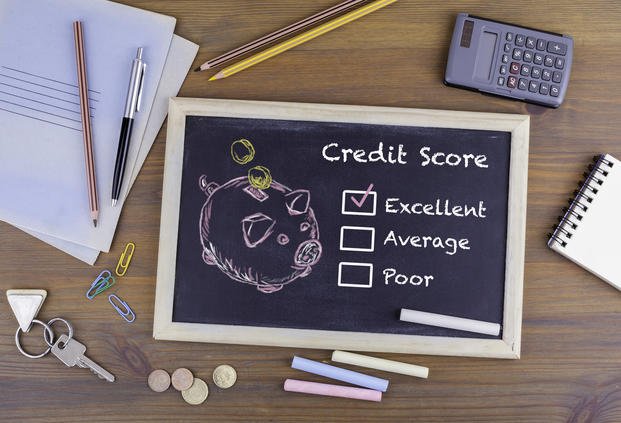A good credit score will not only facilitate your ability to get financing for a car, a home and many other things at favorable interest rates, but it can also help you get a job and obtain or keep your security clearance. Your credit score is a very important number. So, how do you build and maintain a good one -- and, over time, even improve your score?
The first step is to understand how your score is calculated. The three primary credit reporting bureaus -- Equifax, Experian and TransUnion -- use formulas that take into account five key factors:
- Payment history -- whether you pay all your bills on time
- Amount owed -- not only the total, but also your debt-to-credit ratio, which compares how much you owe with the amount of credit available to you
- Length of credit -- how long you have been using credit, including the average age of your accounts
- Types of credit being used -- your mix of different categories of credit, including revolving accounts (such as a credit card or a retail account) and installment loans (such as a car loan or a home mortgage)
- New credit inquiries -- the extent to which you recently have applied for new credit or taken on more debt
And the second step is to avoid common mistakes that could ultimately damage your score. These tips can help:
- Never pay late. The primary concern of lenders is whether borrowers can repay the money they borrow. When someone pays late, it is a possible signal of unreliability. Lenders look for patterns of missed or late payments, and being even one day late on a payment could lower your credit score. The best policy is to pay on time and in full. At a minimum, pay at least the minimum due on or before the due date.
- Avoid "maxing out" your credit card. If your credit limit is $20,000, and you charge $19,000, you are using 95 percent of your available credit. This is called overutilization and makes creditors nervous because your debt-to-credit ratio is too high. If possible, try to limit the amount owed to about 30 percent or less of your credit limit.
- Carefully consider canceling cards, especially older accounts. Counterintuitive as it may sound, cancelling a credit card is not always a good option. You may have some credit cards that you no longer use, but that still represent available credit to you. Although you may be tempted to close the accounts, you should consider at least two things before doing so. First, closing an account could affect your debt-to-credit ratio because you will be cutting down on your available credit when you close the account. Second, if you have had the card for a long time, you may be hurting your length of credit profile. Creditors like to see borrowers with long credit histories where they have paid on time, every time. The longer you have had a credit card and have made timely payments, the better.
- Strike a balance between paper and plastic. Having a record of on-time payments for both revolving accounts and installment loans should help your credit score. If you have only an installment loan (for example, a car loan) and then pay cash for everything else, you might actually be hurting your credit score. That's because having and using a credit card responsibly, instead of cash, can convey responsibility and prudent money management -- which, in turn, can boost your credit score. That said, if you need the discipline of using paper over plastic to keep your debt in check, then by all means do so.
- Do not apply for credit you do not need. Although you may be tempted by a store's "come-on" that promises a 10 percent discount if you apply for store credit that day, you will be triggering a credit inquiry. The more credit inquiries or applications for credit that you have, the riskier you will seem to creditors, and that could also lower your credit score.
Finally, you should know that if you have had past credit score difficulties, only two things will eventually help your credit score: making payments and the passage of time. If you have had a "checkered" credit past, time will work in your favor as long as you discharge your debts as quickly as possible and, again, on time. To learn more about credit scores, visit How Your Credit Score Impacts Your Financial Future.
Keep More of Your Money
Our Finance Newsletter can help. For the latest military news, financial tips and more, subscribe to Military.com and have the information you need delivered directly to your inbox.












